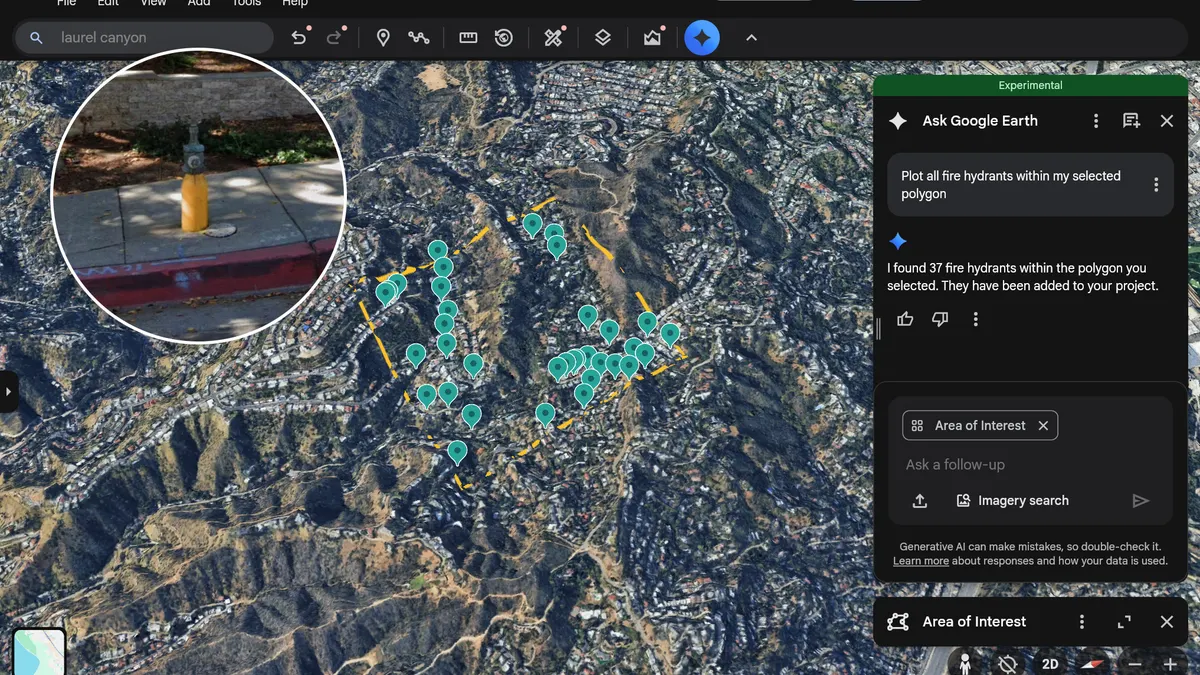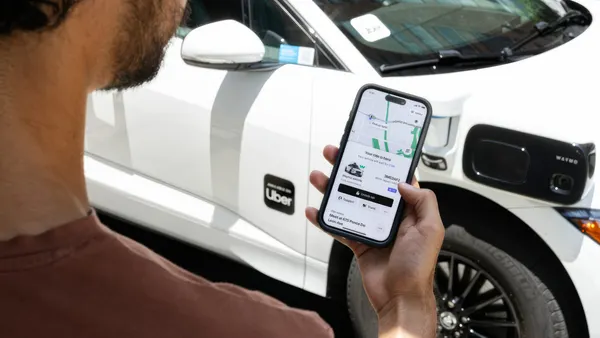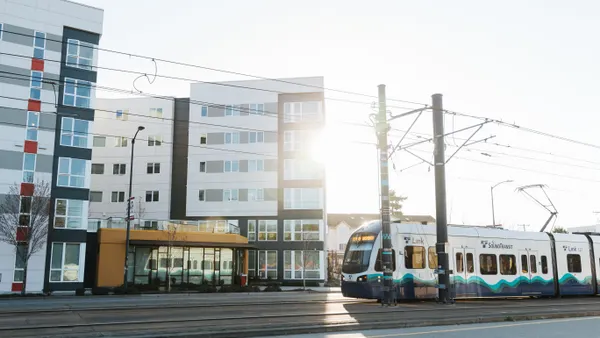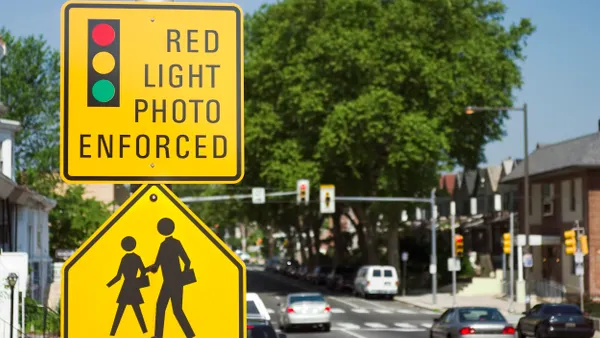Dive Brief:
- A group of 120 cab drivers in Washington, D.C. say they regret switching to electric vehicles, citing concerns including the time it takes to charge the vehicles and the prohibitive cost of buying a home charger, as reported in WAMU.
- There are about 150 electric taxis in the district, according to WAMU. Most are the Nissan Leaf, which has a maximum range of just over 100 miles in optimal driving conditions. Cab drivers say they have to go to Maryland or Virginia to charge their vehicles, because most of the 89 public charging stations in D.C. are located in parking garages or other businesses that are reserved for patrons or employees.
- D.C. provided $152,000 in grants to support all-electric vehicles in fiscal year 2016 and $225,000 in grants were given out in fiscal year 2017. According to WAMU, another round of grants is not expected as the fiscal year ends in September.
Dive Insight:
Incentives for purchasing an EV, including financial support and the ease of obtaining an H-Tag, has caused the influx of electric cabs in the District. Yet the financial support, which amounted to about $10,000 per qualified cab driver, is just a small fraction of the over $30,000 price tag of the Nissan Leaf — and cabbies are noticing emptier wallets. While Pepco plans to build four fast-charging stations in D.C. to mitigate the problem, it may prove to be too little, too late for cab drivers who have already switched to EVs. According to WAMU's reporting, some cab drivers are seeing steep reductions in income, while at the same time dealing with high monthly car and insurance payments.
Ride-sharing services like Uber and Lyft have also had negative effects on the cab industry, which are likely to not dissipate anytime soon. Via is the newest ride-sharing app in the D.C. market, creating even more competition for D.C. cab drivers — and making a strong argument for cab drivers to avoid an expensive switch to electric.
Cities like Amsterdam are a bit ahead of the curve, adding dozens of chargers each month. Officials in China recently announced plans to convert 70,000 gasoline cabs to EV. Most observers expect the fleet of electric vehicles around the world to continue to grow, especially as battery prices continue to drop. Cities can't afford to wait until EVs reach price parity with conventional vehicles to start investing in charging infrastructure. Cutting emissions from vehicles an improve health outcomes in cities, giving planners and officials an additional incentive to make the switch.









